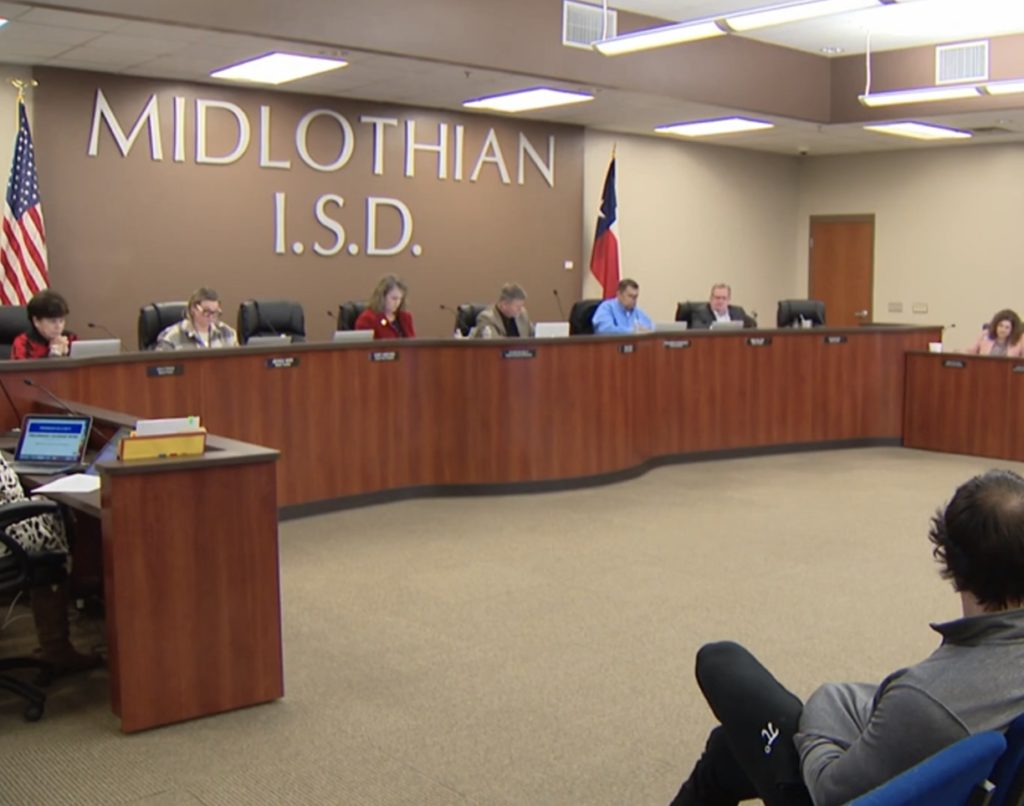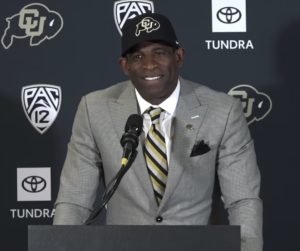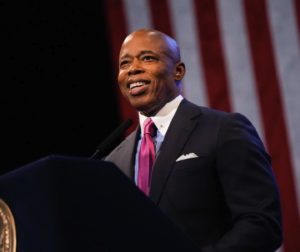Anti-religious ‘watchdog’ claims Texas school board’s prayers violate the Constitution
A school board in Texas is being targeted by an anti-religion group for praying before meetings.
The Freedom From Religion Foundation (FFRF), whose purpose is to “promote the constitutional…

A school board in Texas is being targeted by an anti-religion group for praying before meetings.
The Freedom From Religion Foundation (FFRF), whose purpose is to “promote the constitutional principle of separation of state and church,” sent a letter to the Midlothian school board, accusing it of acting unconstitutionally.
FFRF claims in the letter they were contacted by a Midlothian resident who complained about the explicitly Christian prayers and how a board member recited the Christmas story in December.
The letter also quotes prayers it alleges are unconstitutional, including the following:
“Lord, we thank You for this time that we gather as a board to go about the duties of our office. Allow us to have understanding and just share the good will that we have; to give us knowledge and wisdom in all that we do we ask this in Jesus’ Name. Amen.”
FFRF claims such school board prayers violate the First Amendment, though its critiques appear to be somewhat contradictory.
“Board members are of course free to pray privately or to worship on their own time, in their own way,” FFRF writes. “No Board member, however, should seek to impose his or her personal religious preferences on those in attendance at meetings.”
In another paragraph, it continues, “By including only Christian prayers often with proselytizing or other sectarian religious content, the Board’s current practice likely violates the Establishment Clause of the First Amendment, which prohibits government favoritism of one religion over another or religion generally over nonreligion.”
It is unclear if FFRF’s preferred solution would be no prayers or prayers from every religion.
In either case, its accusation disregards the precedent set in 2014 when the Supreme Court ruled 5-4 that prayer didn’t violate the Establishment Clause.
Additionally, it’s important to note that phrase “separation between church and state” which FFRF seek to uphold isn’t in the Constitution. Rather, Thomas Jefferson used the phrase in a letter to the Danbury Baptist Assocation 1802.
Nonetheless, the Establishment Clause has become a source of contention, especially in the arena of education.
Teachers’ unions have even attacked prayer, and a high school football coach had to appeal to the Supreme Court simply for the right to kneel in prayer at football games.
Tami Tobey, Midlothian’s school board president, told The Lion the district is reviewing FFRF’s letter but currently has no comments regarding the allegations.



